Collections Temporarily Paused
Due to the COVID-19 payment pause, most collections on federal student loan debt have stopped. While the payment pause ended on September 1, 2023, the Department of Education announced a new program, called Fresh Start, to help borrowers get out of default quickly and easily before collections begin again.
The Fresh Start program will run until September 30, 2024. The pause on collections will continue for all loans that are eligible for Fresh Start (loans that defaulted before the pandemic) through the end of the Fresh Start period. Don’t miss out. See our page on Fresh Start for more information about signing up for this time-limited program.
If you fall behind on your student loan payments, you need to act quickly to avoid defaulting on your debt. If you default on your federal student loan debt, the federal government has powerful tools to collect on the debt. The government may be able to garnish your wages, seize your federal tax refunds, and even take a portion of your Social Security benefits to collect on your student loan debt. If you are in this situation, this does not mean you should give up. There are ways to recover even if you have already defaulted and experienced collection.
You should first understand the potential consequences of default, and then explore various ways you may be able to get out of default. Review the various federal loan cancellation options to see if any apply to you. You also have the right to fight back against debt collection agency harassment or abuse. This includes letting the Department of Education and the Consumer Financial Protection Bureau know of your complaints about collection agencies.
If you have defaulted and are dealing with collections related to your private student loan debt, see our page on private student loan collections.